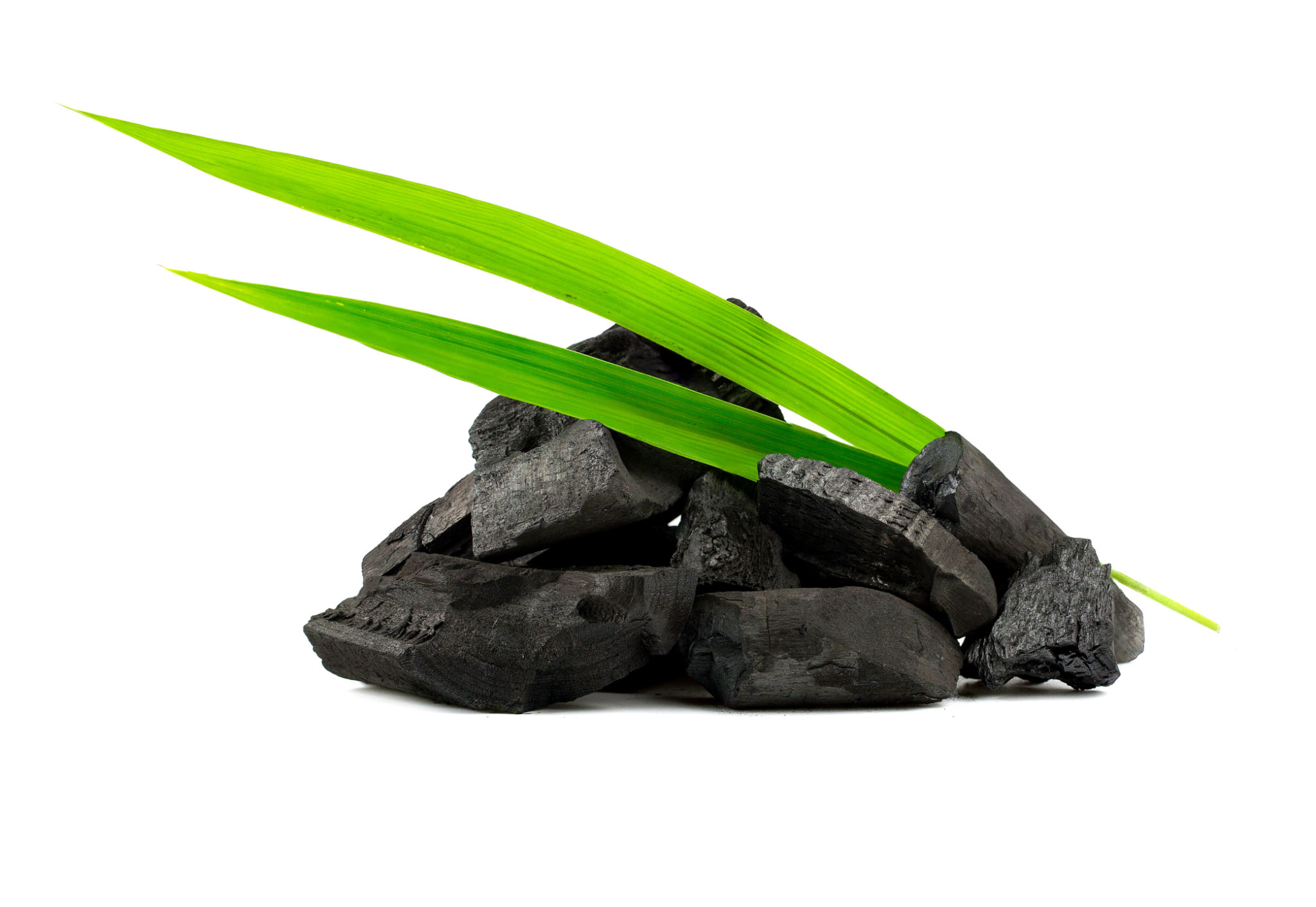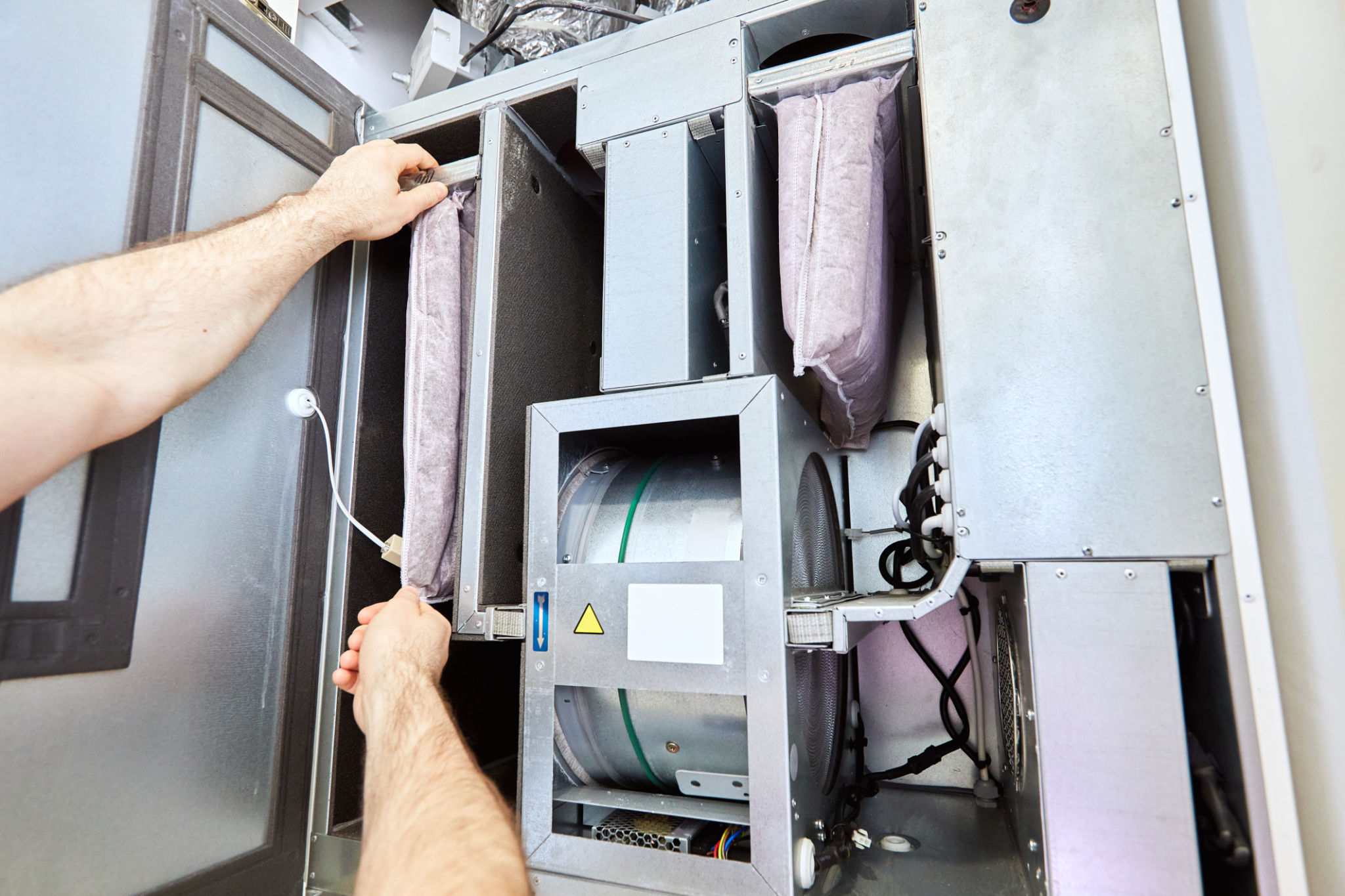Industrial Applications of Bamboo Charcoal: Maximizing Efficiency and Sustainability
Introduction to Bamboo Charcoal
Bamboo charcoal is gaining traction as a versatile material with a wide range of industrial applications. Known for its **high adsorption capacity**, bamboo charcoal is derived from the pyrolysis of bamboo at high temperatures, making it both a sustainable and efficient choice for various industries. As a renewable resource, bamboo grows quickly and requires minimal agricultural inputs, adding to its eco-friendly appeal.

Water Filtration and Purification
One of the most significant applications of bamboo charcoal is in water filtration and purification. Due to its porous structure, bamboo charcoal is effective at removing impurities such as heavy metals, odors, and colors from water. This makes it an ideal choice for municipal water treatment plants, as well as for home water filtration systems. It not only improves water quality but also reduces reliance on chemical treatments, promoting a healthier and more sustainable environment.
Benefits in Water Treatment
The use of bamboo charcoal in water treatment offers several benefits:
- Enhanced removal of contaminants
- Reduced chemical usage
- Cost-effective solution
- Environmentally friendly process
Air Purification and Odor Control
Bamboo charcoal is also utilized in air purification systems. Its ability to adsorb harmful pollutants and unpleasant odors makes it a popular choice for indoor air quality improvement. Products such as air purifying bags and filters incorporate bamboo charcoal to effectively neutralize toxins and allergens, creating a healthier living and working environment.

Applications in Industrial Settings
In industrial settings, bamboo charcoal can be used to control emissions and improve air quality within factories and manufacturing plants. By integrating bamboo charcoal into ventilation systems, industries can significantly reduce their carbon footprint and adhere to environmental regulations more effectively.
Soil Enhancement and Agriculture
In agriculture, bamboo charcoal is employed as a soil conditioner to enhance soil fertility and plant growth. Its porous nature allows it to retain nutrients and moisture, leading to healthier crops and reduced need for chemical fertilizers. Additionally, bamboo charcoal helps in regulating soil pH levels, ensuring optimal growing conditions for a variety of plants.
Advantages for Farmers
Farmers can benefit from using bamboo charcoal in the following ways:
- Improved crop yields
- Reduced dependency on synthetic fertilizers
- Enhanced soil health
- Increased resilience against drought conditions

Carbon Sequestration and Climate Impact
Bamboo charcoal plays a crucial role in carbon sequestration, helping to mitigate climate change by capturing carbon dioxide from the atmosphere. When used in construction materials or as biochar for soil, bamboo charcoal locks away carbon for extended periods, contributing to a reduction in greenhouse gas emissions. This not only aids in combating global warming but also aligns with global sustainability goals.
A Sustainable Future with Bamboo Charcoal
The industrial applications of bamboo charcoal demonstrate its potential to enhance efficiency and sustainability across various sectors. By harnessing this natural resource, industries can reduce their environmental impact while maintaining high operational standards. As more businesses recognize the benefits of bamboo charcoal, it is poised to become a cornerstone of sustainable industry practices worldwide.